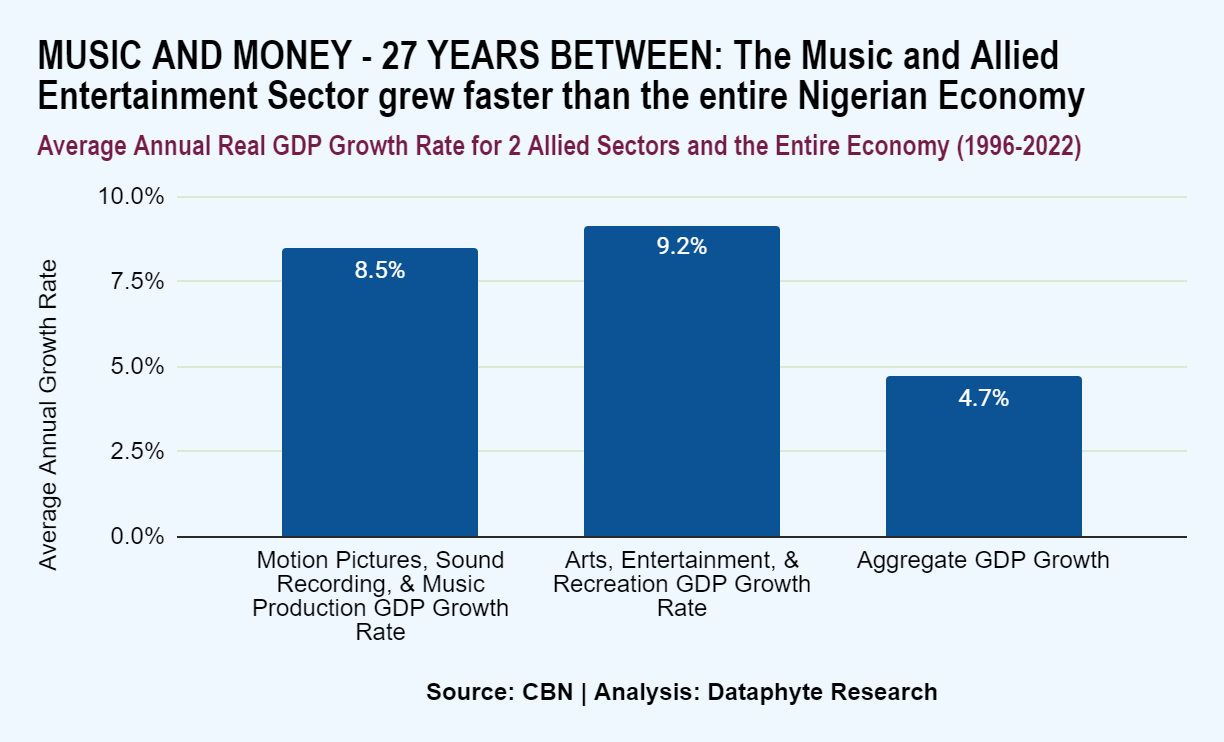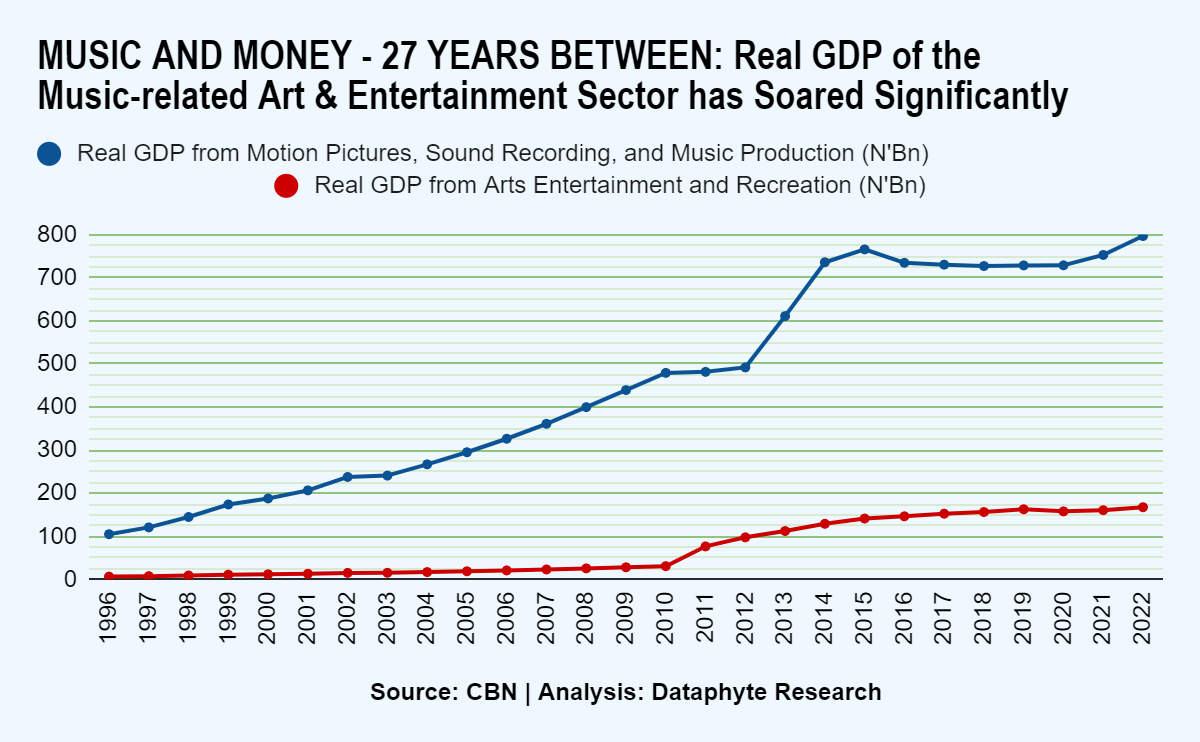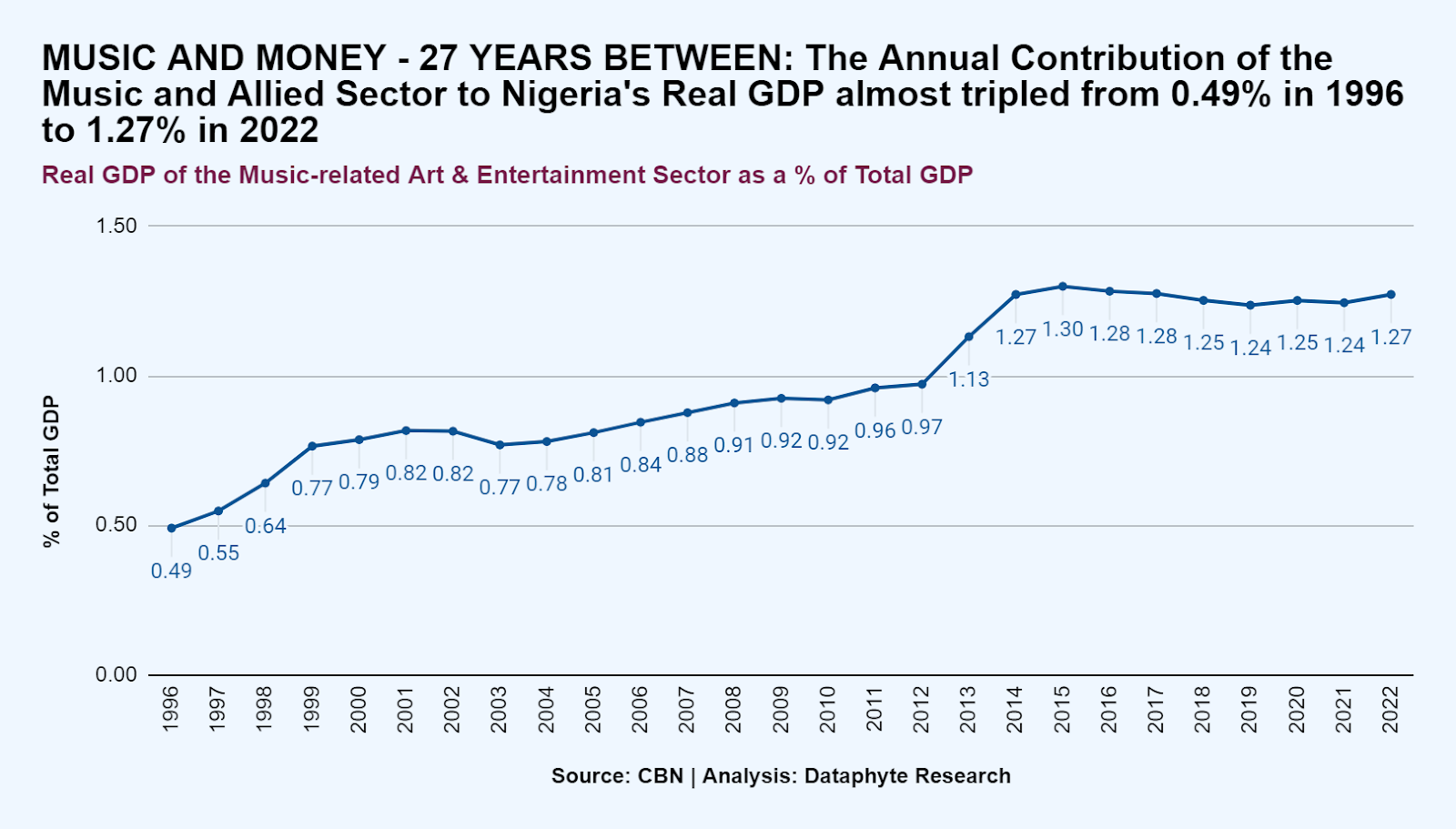He was 27 years old this September.
He was a Nigerian rapper, singer, and songwriter from Lagos.
Born Ilerioluwa Oladimeji Aloba on June 8, 1996, he died Mohbad Imole on September 12, 2023, after receiving his final shot from a ‘nurse’.
Conspiracies trail the cause of his death.
The Police in Nigeria are yet to unravel the cause of Mohbad’s death as of this September.
Imole was great in life and loved more in death.
He died 27 years ago in September.
He was an American rapper, songwriter, and actor.
Born Lesane Parish Crooks on June 16, 1971, he died Tupac Shakur on September 13, 1996, after receiving four fatal shots.
Conspiracies trail the cause of his death.
The Police in Nevada finally named Tupac’s killer this September.
Tupac was great in life and loved more in death.
Music and Money: 27 Years Between
Many have described Mohbad as a star born after death.
His brief but successful career attracted the highest local and global reckoning only after he died.
His life and songs attracted many to him, but his death and struggles attracted many more to his legend.
But this morbid moment reminds us, too, of Mohbad’s faith that something good can come out of the bad.
Making the best of his ironic stage name, Mohbad (translated as “I’m bad”, but really meaning, “I’m so good” at my craft), he said, “Whenever they want to call me Mohbad, I will be like, “Bro, don’t call me Mohbad in my dad’s presence.’’’’
“So I now later came up with, like, you can do something good out of something bad. So I came up with Moh (I am) B-bright A-and D-destined.”
And really, in spite of the bad events here and there, a lot of good things have happened in Nigeria’s music industry in those 27 years that made under-30s like Imole rise to national and international reckoning in life and afterlife.
Within the period, the music and allied entertainment sector grew faster than the entire Nigerian Economy.

The IFPI noted in its 2022 assessment of the global music industry that “One of the key characteristics of today’s global music industry is the strength and success of domestic music.
“Alongside the opportunity for fans to engage with repertoire from almost any part of the world, there is an increasing trend towards embracing and celebrating local artists and culture.”
Within the 27-year period, Nigeria’s Motion pictures, Sound Recording and Music Production industry rose from a worth of N105 billion in 1996 to N797 billion in 2022.
Its allied subsector, Arts, Entertainment, and Recreation, also rose from a value of N7 billion in 1996 to N168 billion in 2022.

From the 1990s, Nigeria’s music industry saw a new wave of investments and innovation around existing genres. The industry boomed with new recording artists like Remedies, Femi Kuti, Lagbaja, and Daddy Showkey in the close of the 1990s.
The 2000s saw the emergence of artists like Plantashun Boys, Eedris Abdulkareem, Styl Plus, Tuface, Timaya, P Square, D Banj, Sunny Nneji, Da Grin, Djinee, African China, Faze, Weird MC, and others.
The next decade brought to light the third wave of artists like Flavour, Wizkid, Davido, Ice Prince, Naeto C, Olamide and many others.
Mohbad belongs to the current wave of artists buoyed by the artistic platforms and industry infrastructure built incrementally in the last 27 years.
With the rise of music artists in this period came a rise in incomes too. Clearly, the annual contribution of the Music and allied industry to Nigeria’s Real GDP almost tripled, from 0.49% to 1.27% within the 27-year period.

In the last three decades, Nigerian artists achieved global recognition. These include artists like Femi Kuti, Seun Kuti, Made Kuti, Tiwa Savage, Tems, Wizkid, Davido, and Burna Boy, among others.
Some received Grammy nominations and collaborated with international stars, contributing to the popularity of their Nigerian pop, soul, afrobeat, and afrobeats genre.
Female artists such as Nike Davies, Yemi Alade, Asa, Omawumi, Sheyi Shay, Chidinma, Waje, Simi, Teni, Niniola, and others also made significant contributions to the Nigerian music scene in the last three decades.
These musical and monetary prospects are not limited to Nigeria. The industry in Nigeria only reflects personal emancipation and socioeconomic possibilities of music on the global stage.
Global revenue from recorded music grew to $26.2 billion in 2022. This was a growth of 9% from 2021 and the 8th consecutive year of growth, according to the International Federation of the Phonographic Industry (IFPI),
Continue reading





